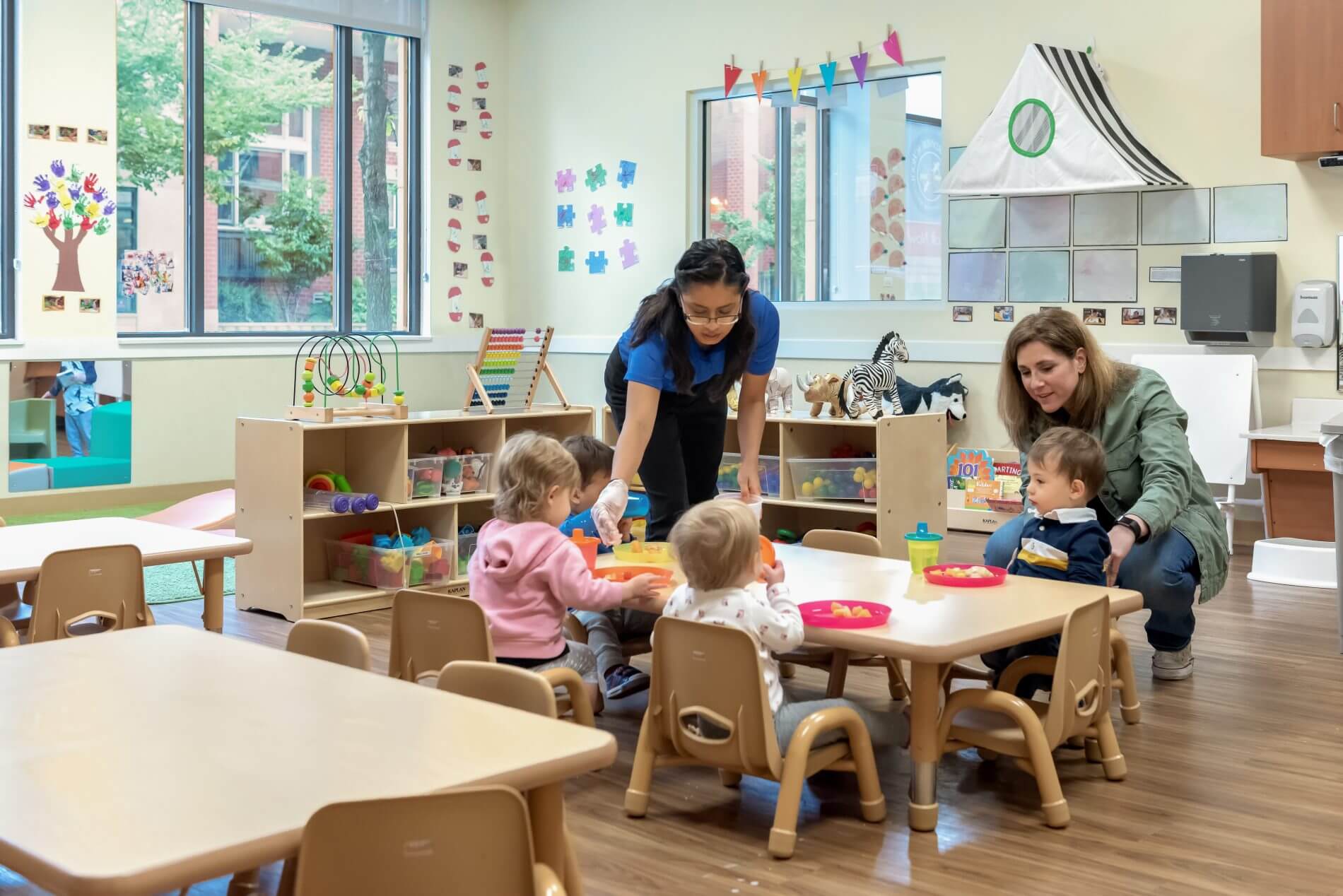The first day of school is a major milestone — brimming with excitement, nerves, and growth for both child and caregiver. Whether it’s preschool, kindergarten, or a new grade, thoughtful preparation transforms that moment into a foundation for success and security.
This guide offers practical, non-medical strategies to help your child feel confident, emotionally safe, and ready for this new beginning.
Why the First Day Feels So Big
Children may experience a range of emotions:
- Saying goodbye to caregivers and familiar routines
- Entering a new social and academic environment
- Feeling excitement mixed with nervousness
Understanding their emotional landscape helps you guide them compassionately.
1. Start Talking About School Early
Use a positive, calm tone to describe school as a fun, safe place.
Say:
- “You’ll learn, play, and meet new friends.”
- “Your teacher will be there to help you.”
- “Let’s imagine what your day might look like.”
Keep answers simple and reassuring.
2. Visit the School or Classroom
If possible, schedule a preview visit.
Let your child:
- Walk through the classroom
- Meet the teacher or staff informally
- See their desk, cubby, or play area
Even viewing photos of the school helps foster familiarity and ease.
3. Practice a Pre-School Routine
Ease in emotionally by building structure beforehand.
Try:
- Gradual bedtime and wake-up times
- Simulated morning routines: outfits, bag prep
- Familiarizing them with lunch or snack packing
Predictability breeds comfort.
4. Offer Choices to Build Excitement
Involve your child in small decisions.
Examples:
- Picking their backpack or lunchbox
- Choosing a first-day outfit
- Selecting a special snack
Ownership boosts their enthusiasm and sense of confidence.
5. Create a Consistent Goodbye Ritual
Short, predictable farewells help ease separation.
Options include:
- A secret handshake or special phrase
- A high five or hug
- A small keepsake for their backpack
Keep the ritual brief but meaningful to reinforce safe transitions.
6. Normalize Emotions Around First-Day Nerves
Let your child know feelings are okay and short-lived.
Say:
- “It’s normal to feel a little shy.”
- “I feel nervous too sometimes—but I’ve learned it’s okay.”
- “Your teacher will help you feel comfortable.”
Validating emotions fosters resilience.
7. Read Storybooks About the First Day
Stories help children process change in a gentle way.
Recommended reads:
- The Kissing Hand by Audrey Penn
- First Day Jitters by Julie Danneberg
- Llama Llama Misses Mama by Anna Dewdney
Use the narratives to talk about feelings and expectations.
8. Project Calm Confidence Yourself
Children mirror your emotional tone.
Your goal:
- Stay positive and upbeat
- Trust in their ability to adapt
- Hold back tears until after drop-off
You set the emotional stage for them to succeed.
9. Plan a Positive Post-School Activity
Create something to look forward to after the day.
Ideas:
- Special snack time at home
- A shared walk or fun activity
- Gentle questions about their day: “What made you smile?”
This helps them transition from school back into home life.
10. Mark the Day with Celebration
Celebrate the milestone in a small, meaningful way.
Try:
- Snap a first-day photo at the door
- Write a note for their lunch or backpack
- Establish a tradition (pancake breakfast, walk, special snack)
Making the day feel special builds positive associations with school.
Final Thoughts: Laying a Foundation of Confidence
The first day of school offers a powerful opportunity to teach adaptability and self-reliance. With preparation, empathy, consistency, and celebration, you empower your child to embrace new experiences—knowing they are loved, supported, and capable.
Your calm, caring presence is the best gift you can give as they take this important step forward. 😊
